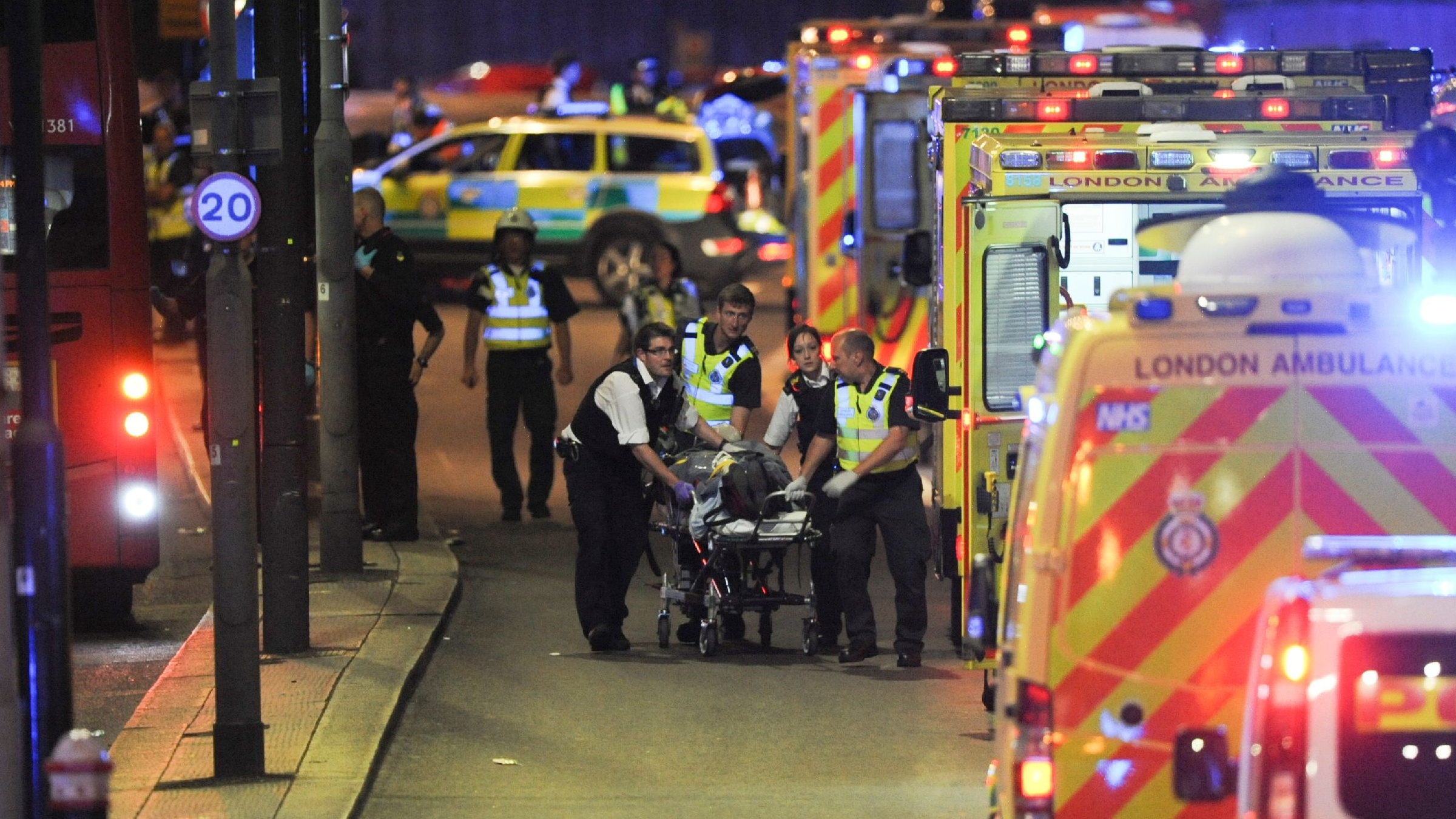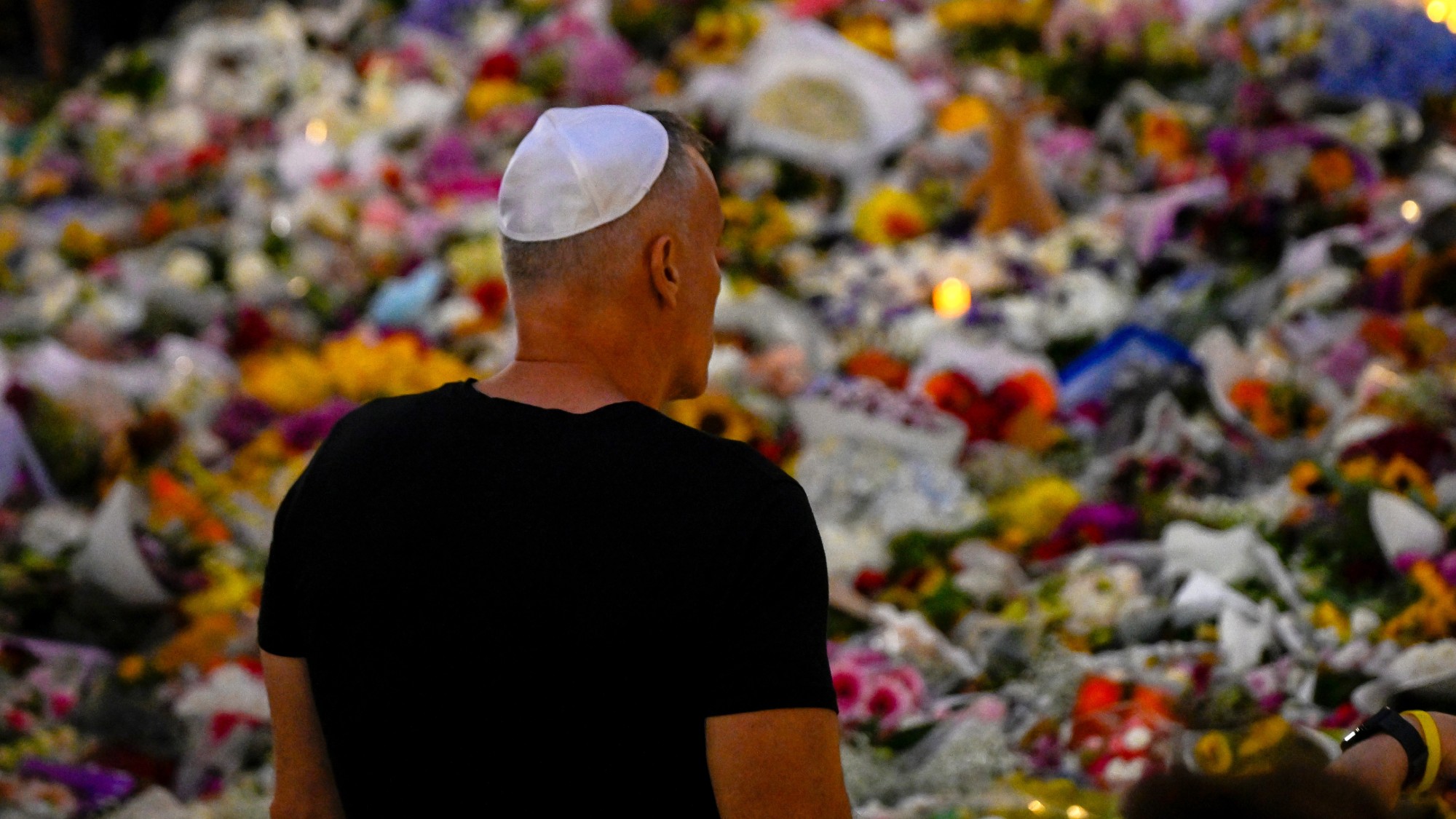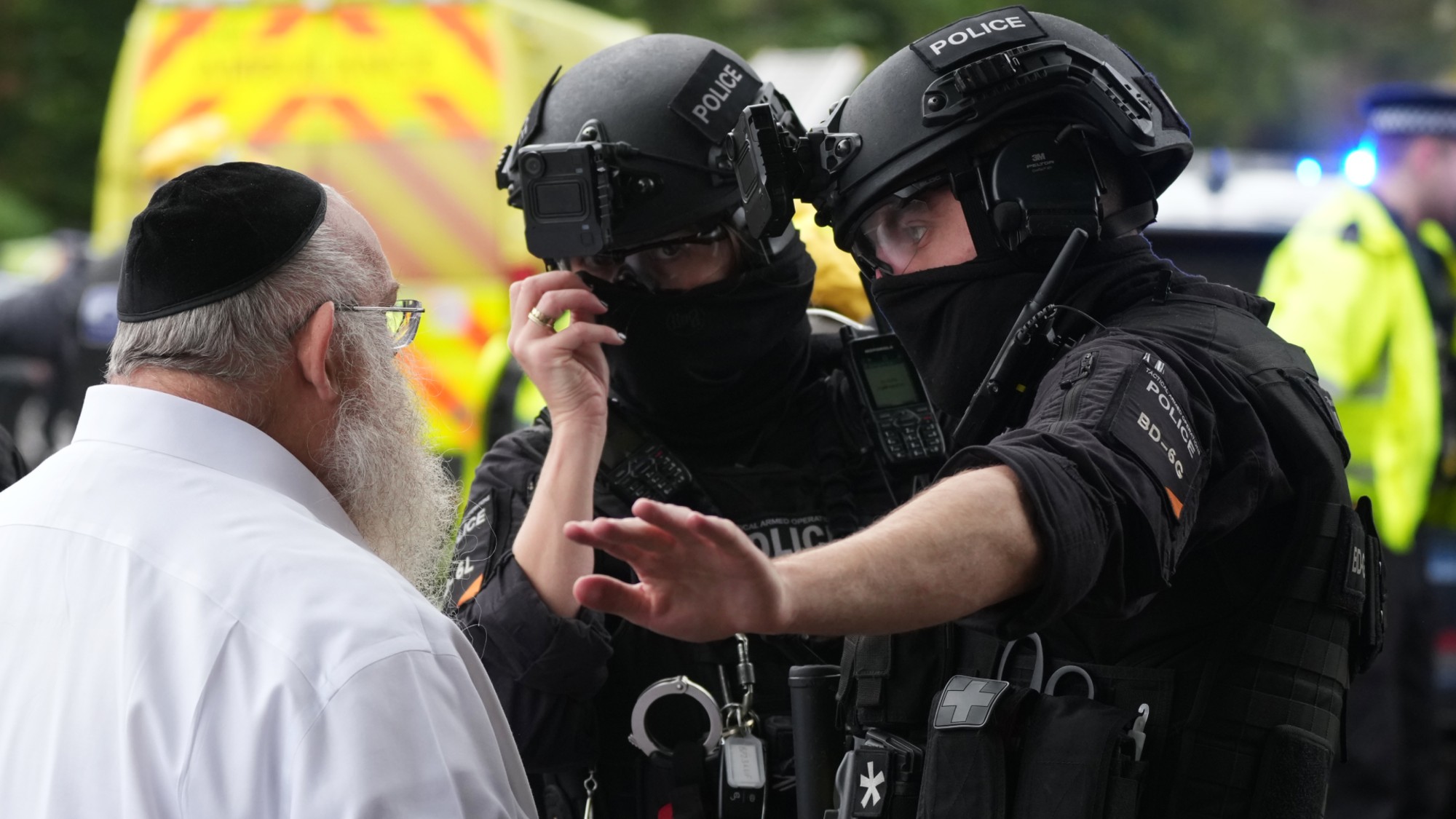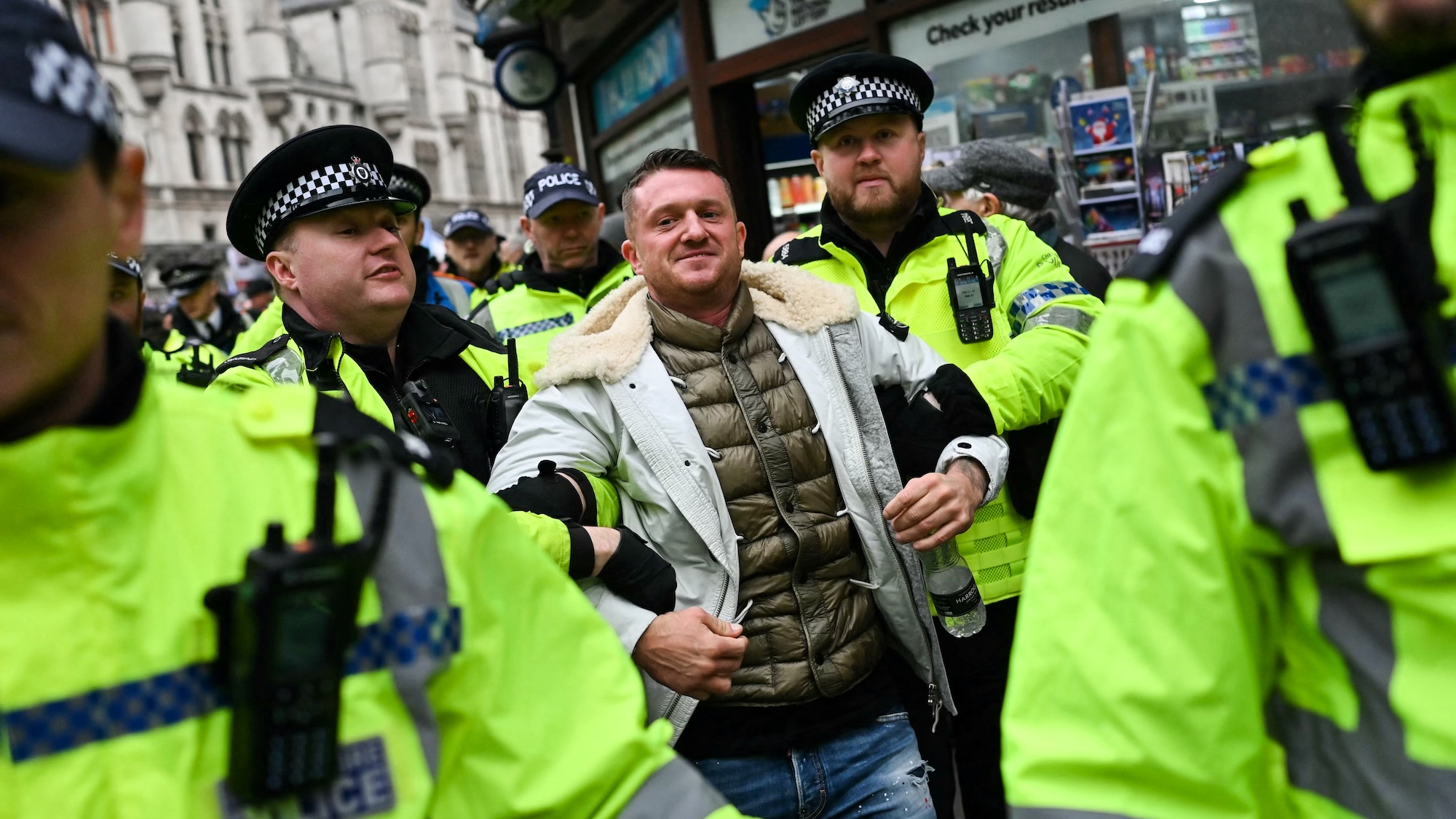Deradicalisation programmes not working on jailed jihadists, watchdog warns
Counterterrorism expert says heavy supervision schemes needed alongside efforts to counter radical ideologies

A free daily email with the biggest news stories of the day – and the best features from TheWeek.com
You are now subscribed
Your newsletter sign-up was successful
The public should be under “no illusion” that initiatives aimed at deradicalising jihadis in prison are getting results, the head of the UK terrorism watchdog has warned.
According to Jonathan Hall QC, the independent reviewer of terrorism legislation, many terrorists are “deceptive” and simply say what they think probation staff and other authorities want to hear.
Hall told The Times that there was no harm in offering programmes such as theological mentoring, but “said that it was essential to run them alongside heavy supervision regimes”. The counterterrorism expert is also backing government plans to make released terrorists undergo lie detector tests.
The Week
Escape your echo chamber. Get the facts behind the news, plus analysis from multiple perspectives.

Sign up for The Week's Free Newsletters
From our morning news briefing to a weekly Good News Newsletter, get the best of The Week delivered directly to your inbox.
From our morning news briefing to a weekly Good News Newsletter, get the best of The Week delivered directly to your inbox.
Hall has spoken out as debate rages over how to deal with Britons seeking to return after joining Isis in Syria and Iraq, such as London schoolgirl Shamima Begum, who has been stripped of her British citizenship.
The UK’s official deradicalisation schemes include the Prevent programme, aimed at preventing individuals from being drawn into extremism, and the Channel programme, which is designed to divert extremists away from terrorism.
A “record number of extremists have been sent on the Channel programme in the past year, driven by surging numbers of far-right sympathisers”, the Daily Mail reports.
The project took on 697 new cases in the year to the end of March 2020 - up from 566 in the previous 12 months, and the highest annual tally since 2015. According to the Home Office, 302 of last year’s cases were “referred due to concerns regarding right-wing radicalisation”.
A free daily email with the biggest news stories of the day – and the best features from TheWeek.com
However, the Covid-19 pandemic has seen the number of suspected terrorists arrested in the UK fall to the lowest level in almost a decade. Official figures published last week show that in the year to October 2020, 215 arrests were made - down by 18% on the previous year.
-
 Political cartoons for February 7
Political cartoons for February 7Cartoons Saturday’s political cartoons include an earthquake warning, Washington Post Mortem, and more
-
 5 cinematic cartoons about Bezos betting big on 'Melania'
5 cinematic cartoons about Bezos betting big on 'Melania'Cartoons Artists take on a girlboss, a fetching newspaper, and more
-
 The fall of the generals: China’s military purge
The fall of the generals: China’s military purgeIn the Spotlight Xi Jinping’s extraordinary removal of senior general proves that no-one is safe from anti-corruption drive that has investigated millions
-
 How the ‘British FBI’ will work
How the ‘British FBI’ will workThe Explainer New National Police Service to focus on fighting terrorism, fraud and organised crime, freeing up local forces to tackle everyday offences
-
 How the Bondi massacre unfolded
How the Bondi massacre unfoldedIn Depth Deadly terrorist attack during Hanukkah celebration in Sydney prompts review of Australia’s gun control laws and reckoning over global rise in antisemitism
-
 Who is fuelling the flames of antisemitism in Australia?
Who is fuelling the flames of antisemitism in Australia?Today’s Big Question Deadly Bondi Beach attack the result of ‘permissive environment’ where warning signs were ‘too often left unchecked’
-
 Ten years after Bataclan: how has France changed?
Ten years after Bataclan: how has France changed?Today's Big Question ‘Act of war’ by Islamist terrorists was a ‘shockingly direct challenge’ to Western morality
-
 Arsonist who attacked Shapiro gets 25-50 years
Arsonist who attacked Shapiro gets 25-50 yearsSpeed Read Cody Balmer broke into the Pennsylvania governor’s mansion and tried to burn it down
-
 Manchester synagogue attack: what do we know?
Manchester synagogue attack: what do we know?Today’s Big Question Two dead after car and stabbing attack on holiest day in Jewish year
-
 Tommy Robinson: a timeline of legal troubles
Tommy Robinson: a timeline of legal troublesThe Explainer Far-right leader has relied on donations from supporters to fight numerous court cases dating back 20 years
-
 The Miami Showband massacre, 50 years on
The Miami Showband massacre, 50 years onThe Explainer Unanswered questions remain over Troubles terror attack that killed three members of one of Ireland's most popular music acts